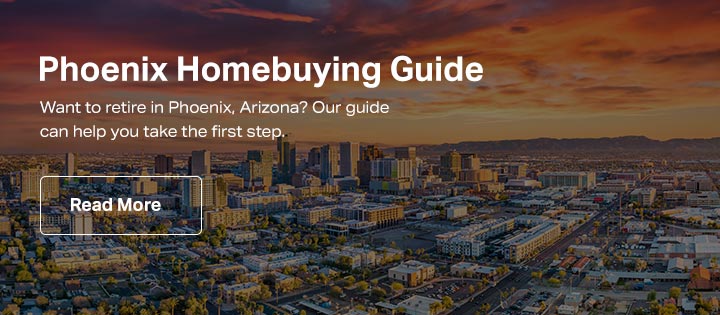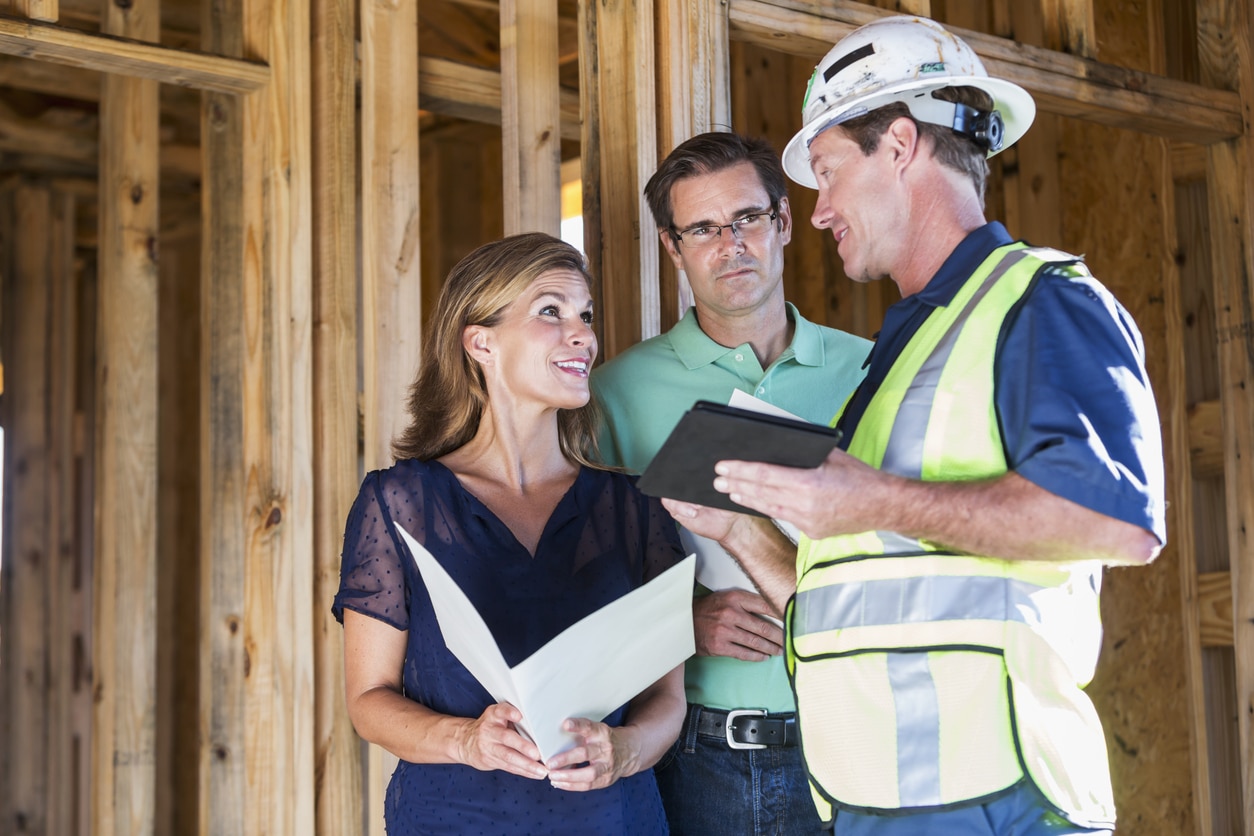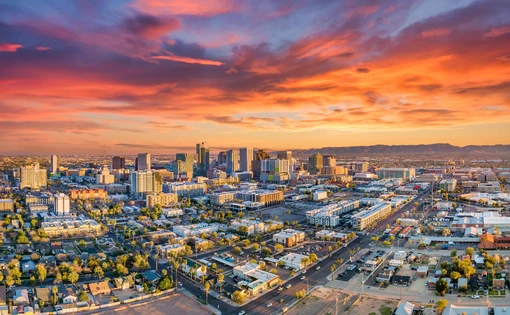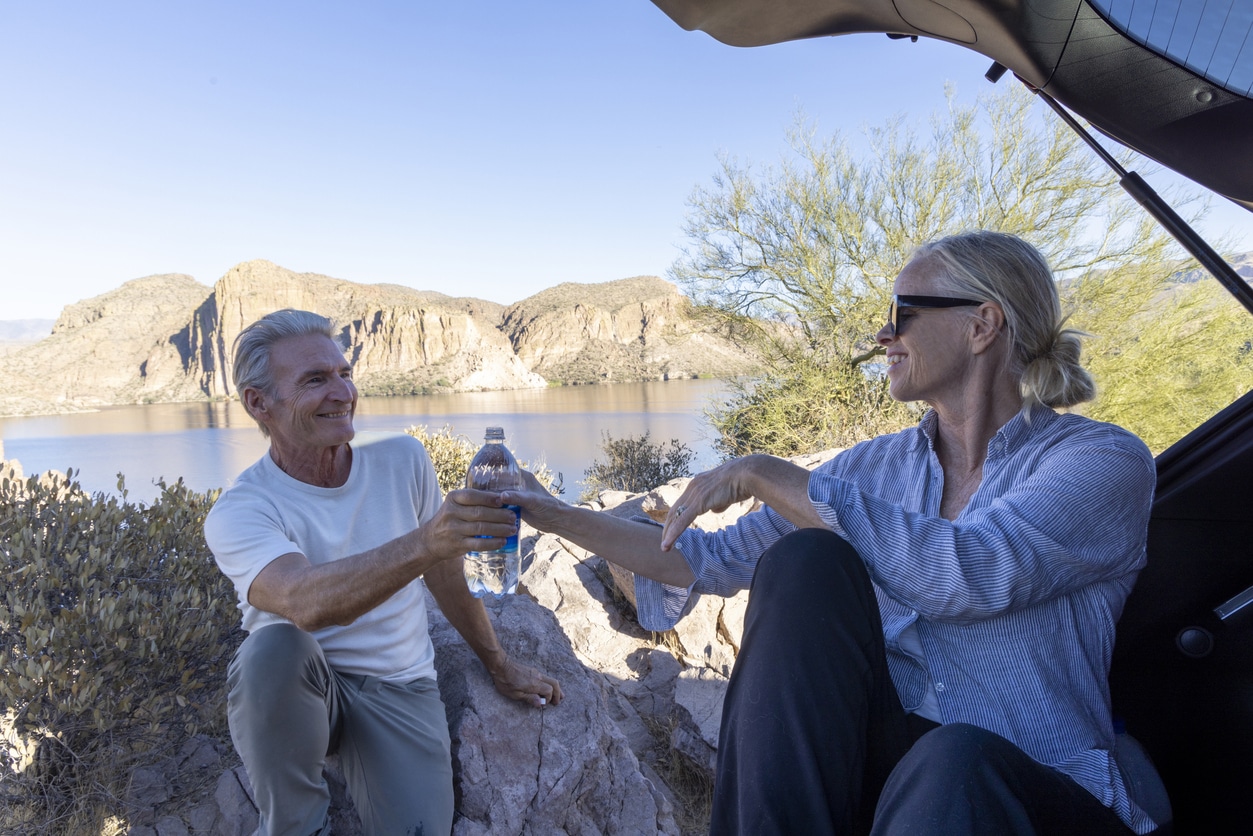Many states in the west and southwest areas of the U.S. are grappling with water issues. Population growth coupled with 23 years of drought have created water shortages that are only projected to get worse. Recently, the state of Arizona announced one way it’s combating the water crisis: There are serious restrictions on new home construction in the Phoenix area.
What is this going to do for the real estate market? And how will it affect 55+ homebuyers who are interested in buying a home near Phoenix? Here are the facts about this policy, and how it could impact you.
Water Woes in the Southwest
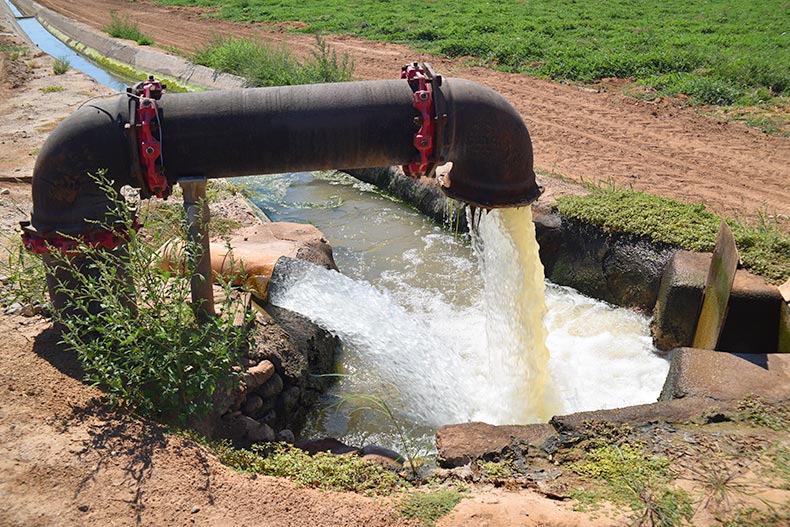
It’s no secret that water is precious in arid Phoenix. The city is both densely populated and has little water, with an average rainfall of 12.26 inches annually. To provide enough for Phoenix, the city mostly depends on water that’s imported from the Colorado River, as well as using water from two in-state rivers, the Salt and the Verde. Recycled wastewater and groundwater make up a small portion of the city’s water supply.
For the most part, this is a sustainable source. However, the Colorado River is facing its own water shortages since six other states that depend on it also deal with drought. Basically, the city of Phoenix can probably get by on the water they have, but they can’t afford to share it.
However, the suburbs are a different story. Developers have been building housing rapidly. As a result, Phoenix has become the fastest-growing metropolitan area in the U.S. To get permission to build these homes, they have to demonstrate that there’s enough water to supply them for 100 years. For the most part, they rely on groundwater for this, which is pumped out of underground aquifers. Drilling a well is easier than trying to squeeze more water out of the in-demand Colorado River allotment.
But now, experts warn that the supply of groundwater is dropping faster than it can be replenished. At the rate it’s being used, they say there will be a shortfall of 4.9 million acre-feet of water over the next century. To put that into perspective, a single acre-foot of water can supply two to three homes for a year.
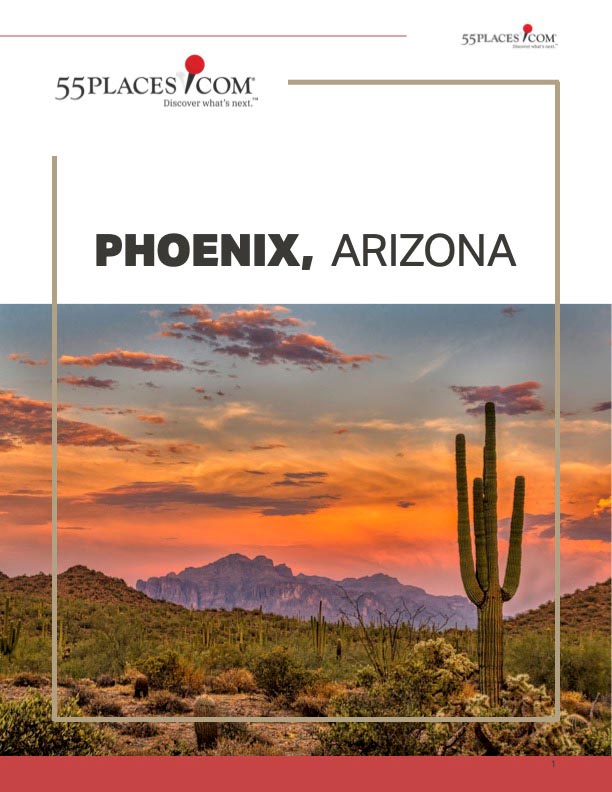
Subscribe to the Phoenix Area Newsletter
The weekly Phoenix area newsletter delivers featured communities, expert insights, and homebuying tips straight to your inbox! You may change your preferences or unsubscribe at any time.
What They’re Doing About It
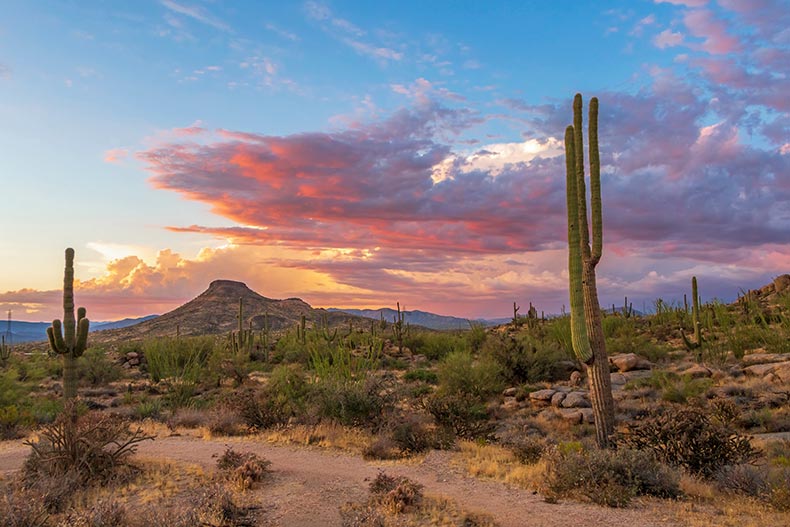
To fight back against this deficiency, Governor Katie Hobbs recently announced restrictions on the construction of new houses in the Phoenix metropolitan area. But these new rules won’t put an immediate stop to all construction. There are currently plans in place for 80,000 homes that have already been approved. Those plans will move forward without being required to adhere to the new restrictions.
However, to be granted permission to build houses going forward, developers will have to show that there’s ample water—without relying on the dwindling groundwater supplies. This leaves them scrambling to find alternative water sources, such as surface or recycled water. They could also buy water rights from local indigenous tribes or farmers. However, the entire state is grappling with its own low water supplies, making these solutions unlikely or prohibitively expensive.
Does This Stop All New Construction?
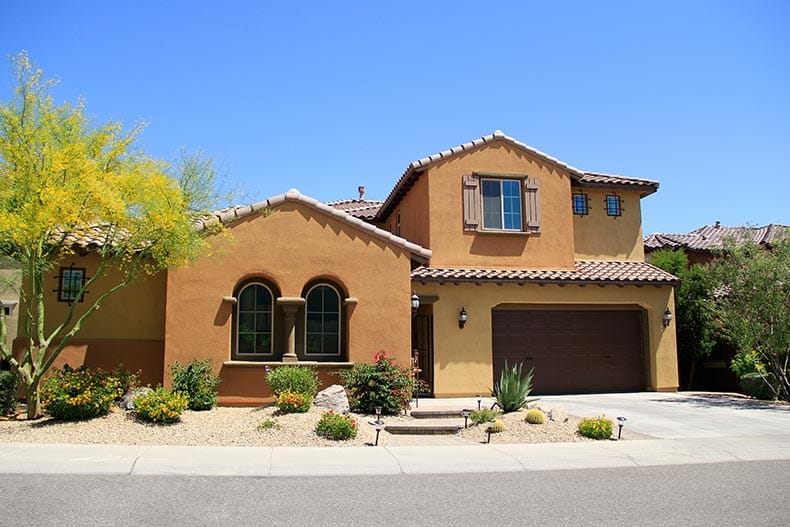
It’s still possible, although more difficult, for developers to build new houses. How many houses they’ll be able to construct remains to be seen. However, it seems clear that there will be significantly fewer going forward.
Unfortunately for the Phoenix water supply, the new restrictions only apply to residential construction. The industrial building continues unabated, and their water use is significant.
However, officials have made it clear that their goal is to manage water use in Arizona and to protect residents from a shortage. Ultimately, people who live in the drought-stricken southwest will have to find ways to use their water supply more carefully, and Arizona is trying to be proactive about meeting this need.
How Will This Change the 55+ Housing Market?
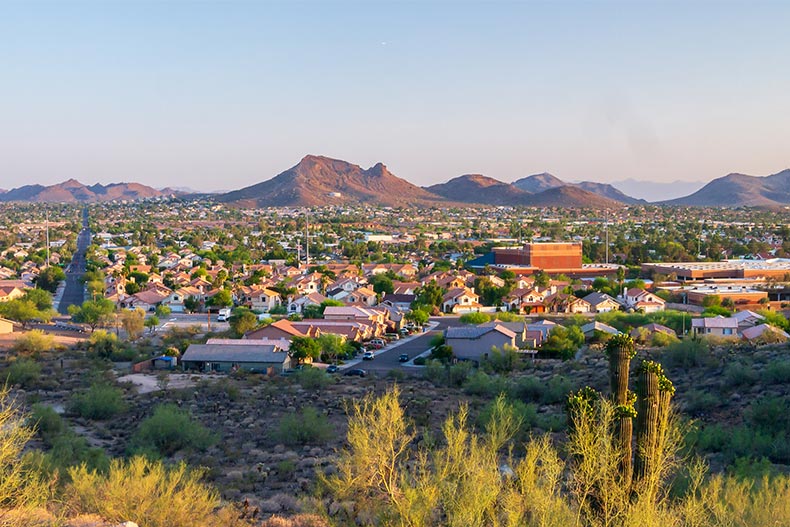
The effect of these changes on the 55+ housing market is likely to be quick and noticeable. The Phoenix real estate market has been relatively affordable for a growing city, but this is almost certain to reverse that trend. Fewer houses being added to the market makes the remaining houses more valuable, driving prices higher.
On the other hand, the commitment to maintaining the water supply helps to preserve home values in the future. Water problems aren’t going away. Ignoring that fact is signing up for a future crisis, which could cause home values to plummet. Having a sustainable plan for the future can help keep the city safe and thriving.
What Does This Mean for 55+ Homebuyers?

If you’re interested in buying a home in the Phoenix area, it’s probably a good idea to look into it sooner rather than later. Home prices have dropped over the last year. However, they are expected to rise and keep rising in the foreseeable future. It’s important to know that this isn’t like some volatility in the market; the conditions making prices go up aren’t changing any time soon.
However, if you’re a 55+ homebuyer and you’re ready to buy into the Phoenix real estate market, your investment is likely to be safe. Taking meaningful steps to protect the water supply is a vital way to protect the quality of life for residents, making it continue to be a great place to live. Obviously, this isn’t a guarantee. Real estate trends always have the potential to surprise homebuyers. To get the best insight on what to expect, speak with an agent who is knowledgeable about the market.
55places Can Help You Find the Perfect Home
Whether you’re interested in buying a house in Phoenix or you have your heart set elsewhere, 55places can help. We provide a new way for 55+ homebuyers to search for their dream home with a carefully selected network of real estate professionals who are experts at finding what you need.
Source:
NBC News – The Associated Press
